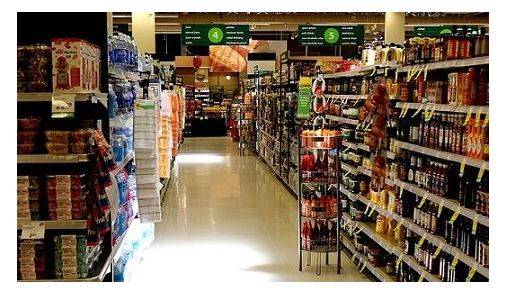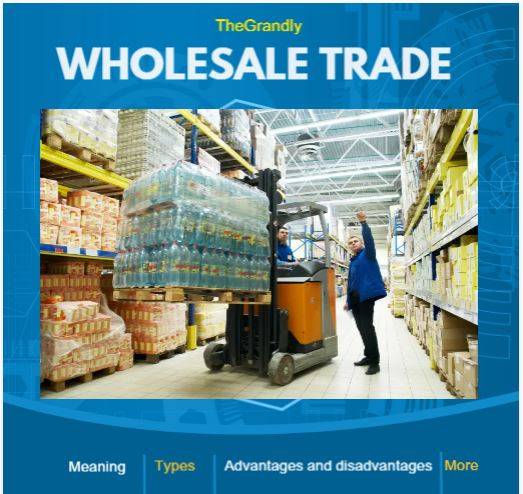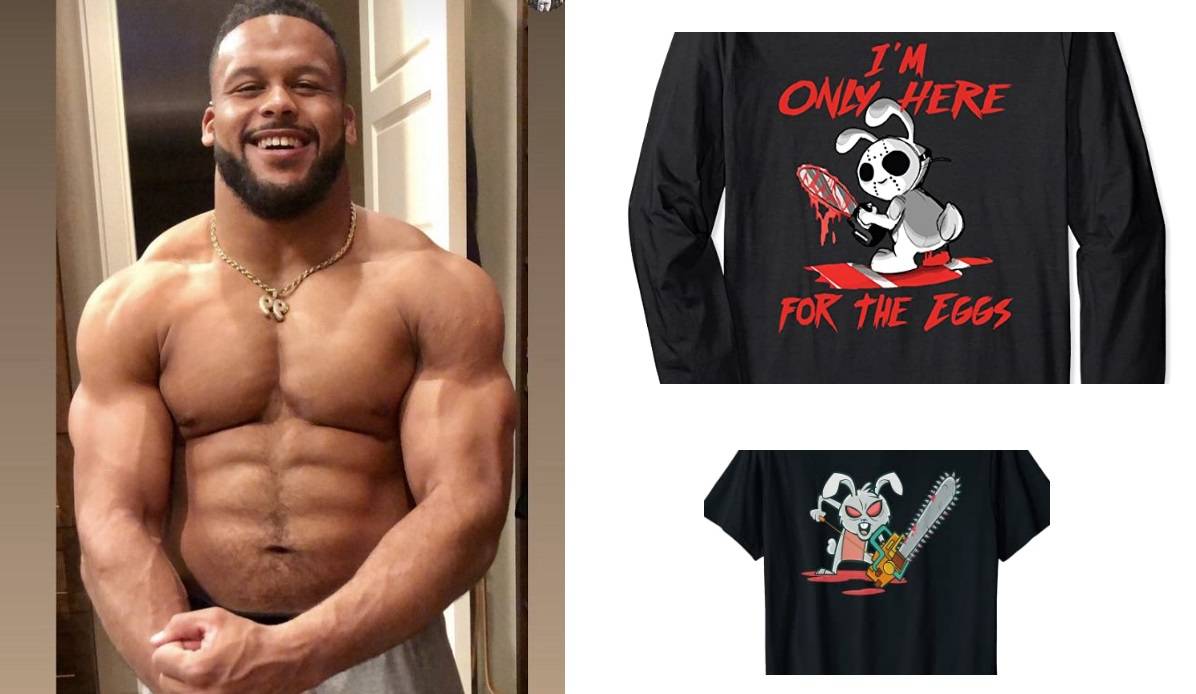Has it ever happened to you that you have entered a big store attracted by low prices, you have filled the shopping cart and, when checking out, they told you that you had to meet a stock requirement to be able to buy? Those places are known as wholesale trade.
But what is wholesale trade?
Wholesale trade is a business activity that involves buying products in bulk from producers and selling them in smaller quantities to retailers.
If you want to know everything that has to do with wholesale trade, the differences with the retail trade, advantages, disadvantages and why they are important , then continue to read, we will explain it to you.
What is wholesale trade?
Let’s start by defining what is meant by wholesale trade. It is an activity that intervenes between the distribution chain and the marketing of goods.
In other words, we can understand wholesale trade as the one that deals with the sale of large quantities of products to commercial organizations.
And that is one of the requirements. A wholesale business can only sell to companies or merchants since the prices they establish are much cheaper than what the final customers or consumers get it.
For this reason, wholesale traders act as a link between manufacturers and retailers; acting as suppliers-distributors.
This is the reason why many businesses of this type put the identification of being a wholesale trade on the doors; so that the merchants know that they can buy the products at a cheaper price and safe for private individuals to refrain from entering because they are not going to be sold.
To give you an idea, a wholesale trade can be a fish market where, if a sea bass costs between 6 and 8 euros in the supermarket, in that wholesale trade it could cost between 2 and 4 euros. The rest are the benefits that the retailer (store owner) or merchant would take.
There are many examples of wholesale trade, from clothing stores, food, appliances, technology, etc. but all of them are based on the purchase of a large number of products (that is, it is not worth buying just one thing).
Differences between wholesale and retail

Once you are clear about what wholesale is, we don’t think there is much of a problem knowing what differentiates it from retail.
But for you to know the keys, you must take into account:
- A wholesale business buys products from manufacturers and other wholesalers, to sell them in turn to others merchants. However, the retailer is targeting the final consumer of the product. The retailer is not going to resell the product with other stores, but with the customers who will use them.
- There is a big difference in terms of quantities. In the wholesaler, large quantities are bought and sold, while in the retailer, small quantities prevalent.
In short, each of these stores has different objectives and, although both sell the same products, they actually serve different end customers.
Advantages and disadvantages
Wholesale trading can be seen as a good thing, or a not so good thing. But there can be no doubt that it has its advantages, and also its drawbacks.
Among the good things about wholesale trade we have:
- They obtain goods at prices well below market prices. Because they make a significant purchase to supply their customers (which are other merchants and retailers), the profit they make is very substantial. Sometimes those prices are even lower than buying directly from factories.
- They can supply a large number of products, even when factories have a hard time producing, wholesale companies can still be selling especially since most have large warehouses where they store what they buy.

Everything good has bad things , and it is not going to be less in wholesale trade. In this case, we are talking about:
- More expensive goods. Wholesale trade is a further step between manufacturers and traders, which means that you buy at a higher price than the factory price and sell at a higher price to make a profit. In other words, everyone raises prices to make a profit, which has a negative impact on the end customer, who is the one who has to bear those high prices.
- There is a lower profitability of production. This is because, knowing that the products are going to pass through other hands, which in turn are going to sell them, they have to end up losing profits for their products to arrive. Instead of benefiting the people and companies that manufacture, what we do is harm them.
- There is no strong decision power. In reality, the ones who have control are the managers of the wholesale trade since, due to the high volume of products they buy, they can put more pressure on the companies to get them out at a much lower price, and that puts pressure on the producers or factories, but also on the others, who must sell it at an even higher price.
Types of wholesale trade
Within wholesale trade, we can distinguish two types:
- Wholesalers, which are companies that are dedicated to reselling products. To do this, they have a large number of services and products, in addition to managing inventories.
- Intermediary agents and brokers. They are specialists in specific products, and in territories, in such a way that they specialize only in one sector or type of product and although they seek resale, what really generates benefits is the commission they are given for placing that stock they have in the market.
Why should wholesale businesses exist?
Despite the fact that wholesale trade can be seen as something negative, especially by economists and companies, which lose benefits by having another “middleman” in the sales chain, the truth is that they are highly recommended.
On the one hand, because they move a large amount of product, which activates the economy ; and, on the other, because they reduce the risks of storage and maintenance of these products. As they are the ones who buy, even doing it at a low profit, the products benefit from not being left unemployed
We hope it is clearer to you now what wholesale trade is?






